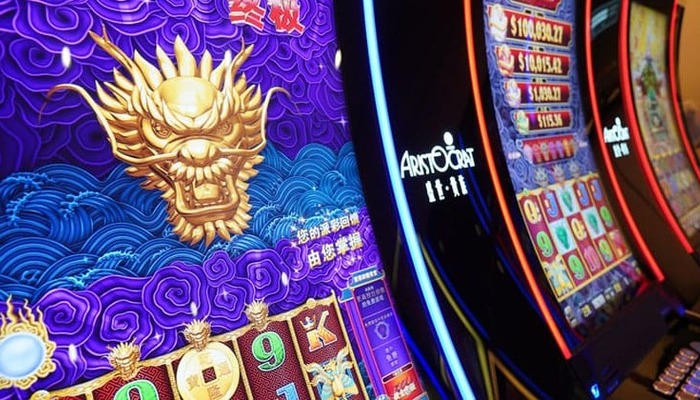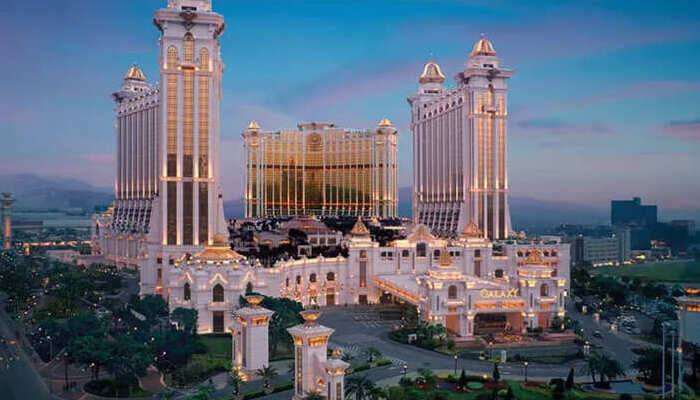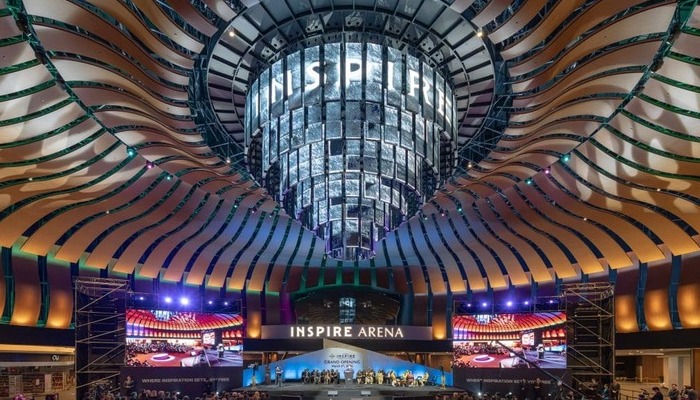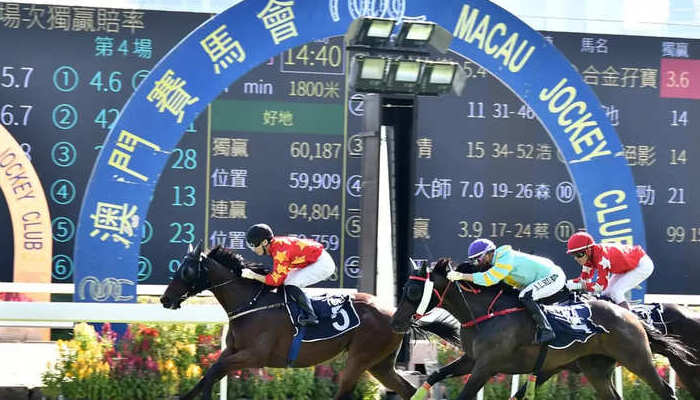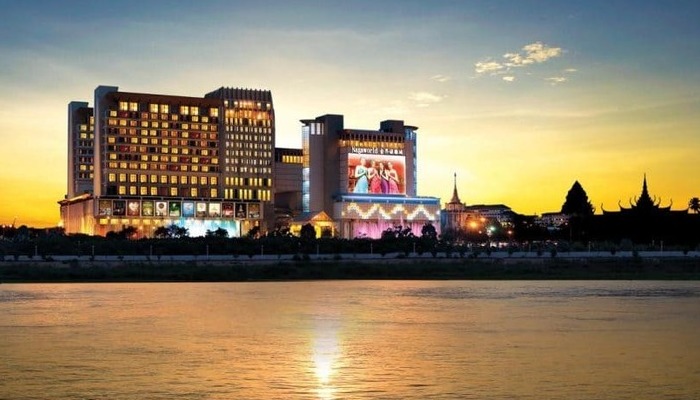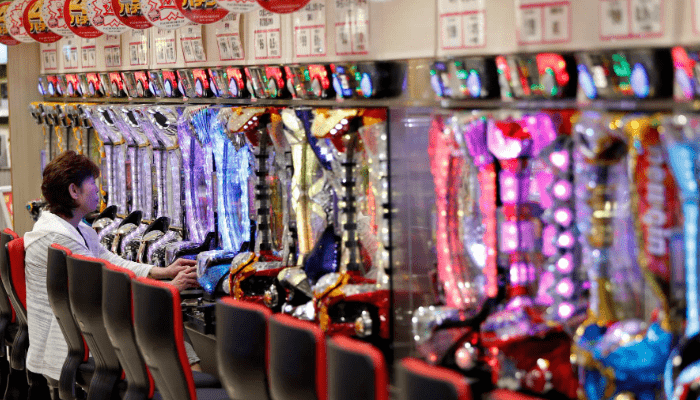
How Japan ensures you gamble exactly when and where it wants you to
Though Japan will not get casino gambling until an integrated resort opens in Osaka in 2029, visitors to the country may be surprised to discover that although private gambling is illegal, betting in various forms is rampant.
Gambling via designated, government-controlled sports and lotteries is a long-established practice, while a legal loophole means pachinko parlors are seen as so-called indirect casinos.
Japan’s gambling laws say that bets on activities outside government control can be placed to win something that provides “momentary amusement.” This term is understood to mean something with a low monetary value that won’t inflame a player’s desire to gamble. The Supreme Court has ruled that cash, regardless of the amount, cannot fall under the legal definition of momentary entertainment.
Pachinko parlors have long been able to skirt the law this way. Players who win large amounts of the small silver balls given out by parlors exchange them on-site for small trinkets, things of low monetary value that might provide the aforementioned “momentary amusement.” The player then exits the pachinko parlor and goes to a small, off-site location nearby where the trinkets are exchanged for cash.
An English-language guide on how to play pachinko from Kyoto-based Maruhan, which operates pachinko parlors nationwide, notes that the law prohibits those under the age of 18 from entering pachinko parlors, even when accompanied by a parent or guardian. Unlike casinos overseas, the facilities are not open 24 hours a day. Though it can vary, most facilities are open from the morning until 11 p.m. There is no limit on how much time and money a player may spend during the hours of operation.
According to industry ministry statistics on the parlors, though not the off-site payout booths, pachinko parlors were a ¥2.58 trillion business in 2022, up slightly from the ¥2.5 trillion they made the year before.
While the parlors are run by private businesses, there are four government-run sports for which gambling is allowed: keirin cycling, motorcycle racing, horse racing and motorboat racing. Different central government ministries are in charge of each sport, but operator licenses for each are granted only to local governments or government-related entities.
The trade ministry is responsible for overseeing motorcycle racing and keirin cycling, a unique form of bicycle racing that began in Japan in 1948 and is loosely based on track cycling events in northern Europe. Keirin racing at 43 velodromes across the country generated over ¥1 trillion in 2022.
Justin McCurry, author of the 2021 book “War on Wheels: Inside Keirin and Japan’s Cycling Subculture” said keirin was dreamed up by two businessmen-philanthropists after World War II to help raise money to fund Japan’s reconstruction. The rules governing the riders, designed to prevent race-fixing, are strict.
“Keirin is tightly regulated. Gambling is entirely automated and riders have to essentially go into lockdown during their meets — anything from three to six days — during which they have no access to mobile phones or any online device. Violators can be fined, suspended or even lose their professional license,” McCurry said in an interview with The Japan Times.
He adds there is no cap on bets and, theoretically, a player can win anything from a few hundred yen to tens of millions of yen on a single race.
The trade ministry is also responsible for motorbike racing, which generated a fraction — about ¥100 billion — of what keirin racing did last year. There are only five designated motorbike racing tracks in Japan, compared to the 43 keirin velodromes.
Of the four government-run sports, horse racing, overseen by the agriculture ministry, is the clear winner in terms of sales, earning ¥3.25 trillion in revenue last year at just 10 horse racing venues. In 2020, there were over 21,000 registered racehorses.
Motorboat racing, which sees six drivers compete around a 600-meter course, is under the control of the land and transport ministry and recorded about ¥2.4 trillion in sales last year. There are 24 boat racing venues around the country.
Japan also operates a public lottery, which generated about ¥813 billion in 2021.
So despite the letter of the law, gambling in various forms is well-established in Japan. Public attitudes, however, appear to be mixed.
A 2021 survey by the Consumer Affairs Agency toward gambling showed that 37% of respondents said they felt gambling was something to be enjoyed as a hobby or distraction.
But 23.4% said gambling had no connection to their own lives, while 20.6% said it was risky and something they avoided. A share of 2% said it was a part of their daily lives and had gone beyond being a mere hobby, and 4.6% said even if they wanted to quit gambling, they could not.
There is a counseling center for those addicted to public sports gambling, and this means the four sports have a social advantage in addition to their legal status.
“The involvement of the state gives the publicly run gambling sports a veneer of respectability,” McCurry says.
Other Interesting:
Pagcor warns against US-based illegal gambling website
See other website:
Oriental Game
Article Source
https://www.japantimes.co.jp/news/2023/06/08/national/gambling-pachinko-sports/
Other Interesting Articles
 China Politburo meeting key for any policy shift: UBS
China Politburo meeting key for any policy shift: UBSJun 8, 2023




